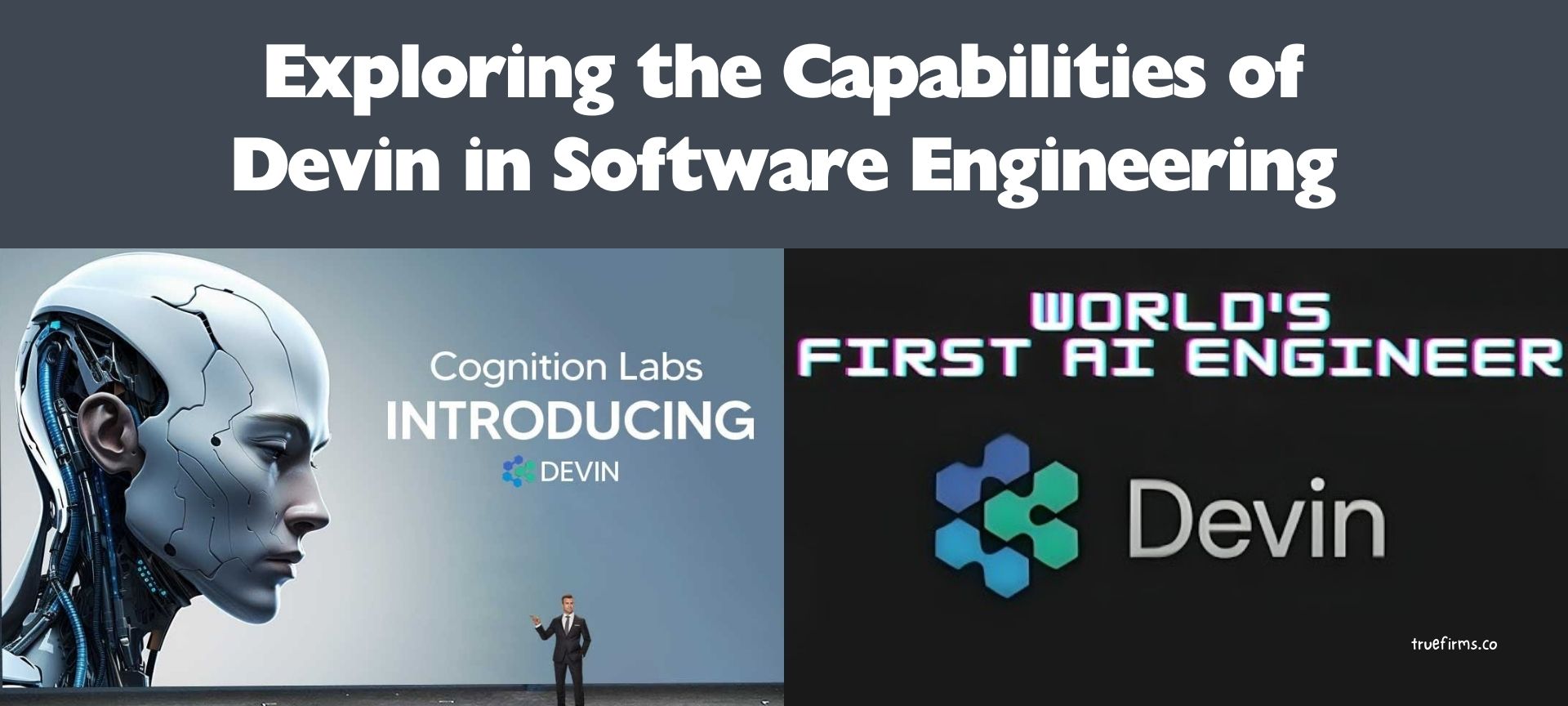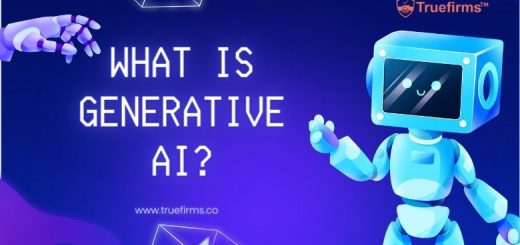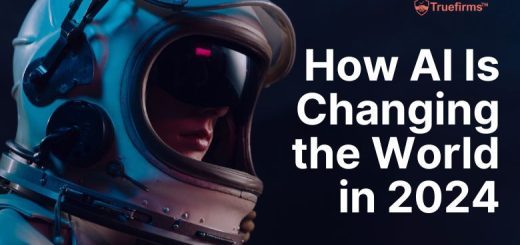Devin, the World’s First AI Software Engineer: Redefining Software Engineering

Introduction
Devin, the first AI software engineer ever created, is one such revolutionary invention created by US firm Cognition. Innovations in the rapidly changing field of technology continue to influence the direction of several fields. Devin is more than just another AI tool; it’s a major advancement in the use of AI in software engineering, with the potential to completely transform the way that code is developed, debugged, and used.
Devin — World’s first AI software engineer
Devin is not your typical AI assistant. It goes beyond mere code completion and suggestions, with the ability to autonomously handle the entire process of building and launching full-fledged software applications. Its development marks a milestone in AI technology, showcasing the potential for AI to transform traditional software engineering practices.
Capabilities of Devin
Devin’s capabilities are impressive, to say the least. It can plan and execute complex engineering projects involving thousands of decisions. What sets Devin apart is its ability to learn from experiences, recall context, and fix its own mistakes. For instance, Devin can add a print statement when encountering an error, swiftly resolving issues without human intervention. Additionally, it actively collaborates with users, reports progress in real-time, and accepts feedback on design choices, making it a valuable asset in software development teams.
Performance: Devin’s Superiority
When it comes to performance, Devin outshines other AI models on the SWE-bench coding benchmark. It boasts a remarkable 13.86 percent issue resolution rate, surpassing competitors such as Anthropic’s Claude 2 and GPT-4. Devin’s ability to successfully resolve real-world GitHub issues found in open-source projects underscores its effectiveness in practical software engineering tasks.
Limitations of Devin
Despite its impressive capabilities, Devin does have limitations. It lacks the creative problem-solving skills and critical thinking abilities inherent in human engineers. Moreover, it requires human review and refinement for quality, security, and efficiency. Additionally, Devin may lack specific domain knowledge and soft skills required for client communication and interpersonal interactions.
Devin and Human
Devin’s emergence sparks a debate on the role of artificial intelligence versus human intelligence in technology creation. While Devin offers powerful capabilities, human expertise remains essential in software development. Human engineers bring critical thinking, creativity, and domain-specific knowledge to the table, complementing Devin’s capabilities.
The future of software development will likely involve a harmonious collaboration between AI and human engineers. By leveraging the strengths of both, teams can drive innovation and progress in the field. Devin represents a significant step forward in AI-assisted software engineering, but it is unlikely to replace the need for human expertise entirely.
The Impact of Devin on the Software Industry
Devin’s introduction into the software industry has far-reaching implications. It streamlines the development process, reduces repetitive tasks, and allows human engineers to focus on more creative and complex problems. However, it also raises questions about the future role of human engineers and how they will adapt to working alongside increasingly capable AI systems.
Conclusion
Devin represents a paradigm shift in software engineering. Its capabilities highlight the transformative potential of artificial intelligence in revolutionizing traditional practices. While Devin offers unprecedented efficiency and automation, human expertise remains indispensable in driving innovation and ensuring the quality of software products.
As we embrace the future of software engineering with Devin, it is crucial to recognize the importance of collaboration between AI and human engineers. By harnessing the strengths of both, we can navigate the complexities of modern software development and pave the way for continued progress and innovation in the field.
Rad More
The Future of (AI)Artificial Intelligence: How AI Is Changing the World in 2024











